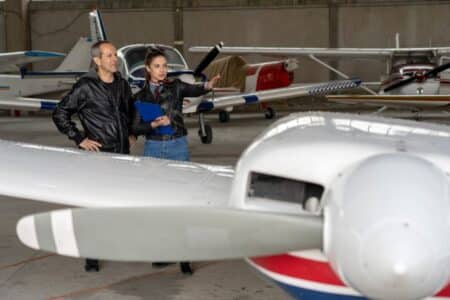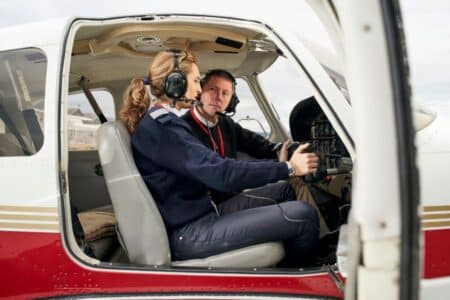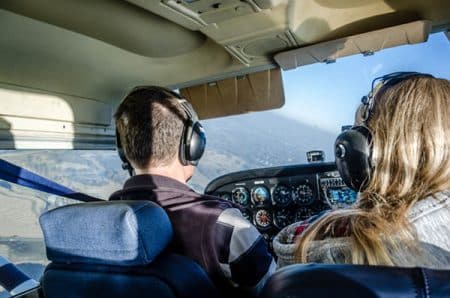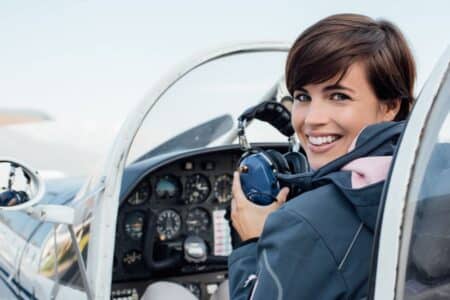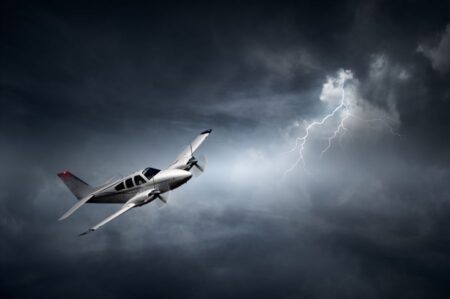Should I Attend University if I Aim to Be a Commercial Pilot?
Delving into whether university education is necessary for aspiring commercial pilots.
Considering University for Aspiring Pilots
In the past, it was common for airline pilots to hold degrees. However, today, more prospective pilots transition directly from A-Levels or secondary education into commercial flight training, especially with the recent surge in university tuition fees.
Both sides argue about pursuing or skipping a degree before commercial flight training. The following discussion assumes you reside in a country with self-funded tuition fees. If university education is accessible in your country (except for living expenses), we recommend attending university.
Fees & Debt
A standard three-year degree can cost over £30,000 just for tuition. Include accommodation and living costs, and graduates often amass significant debt. Combined with integrated flight training expenses (around £100,000) and potentially paying for your type rating (around £25,000), you might find yourself over £150,000 in debt before landing your first job.
Even if you opt for modular flight training (the most affordable route to complete flight training) and your type rating is sponsored by the airline, you could still find yourself £100,000 in debt. As a commercial pilot, you’d likely earn a good salary and be required to repay all your student loans—a significant amount deducted from your monthly salary if you’re UK-based.
Since most European airlines no longer require a degree for pilot positions, it can be argued that incurring such avoidable debt might not be worth it. Moreover, investing in loss of income and medical insurance could cover your debts if adversity strikes, making a degree seem less necessary as a backup plan.
The Need for a Backup Plan
Conversely, there’s a compelling argument for earning a degree. Pilots can lose their class one medical certification for various reasons, potentially ending their flying careers. The airline industry’s volatility means job redundancies aren’t uncommon, especially considering recent events like the Covid-19 pandemic.
In times of economic contraction, airline failures are inevitable. Companies like Flybe, XL Airways, Fly Globespan, Silverjet, Spanair, and BMI have folded in the last decade, leading to numerous pilot redundancies. Securing another pilot job can take years if it happens at all. In such circumstances, a backup plan is crucial.
Employment with a reasonable pay rate typically requires a degree, making it a sound backup plan if your career doesn’t pan out as expected. While the loss of income insurance can help, remember that life continues outside of aviation.
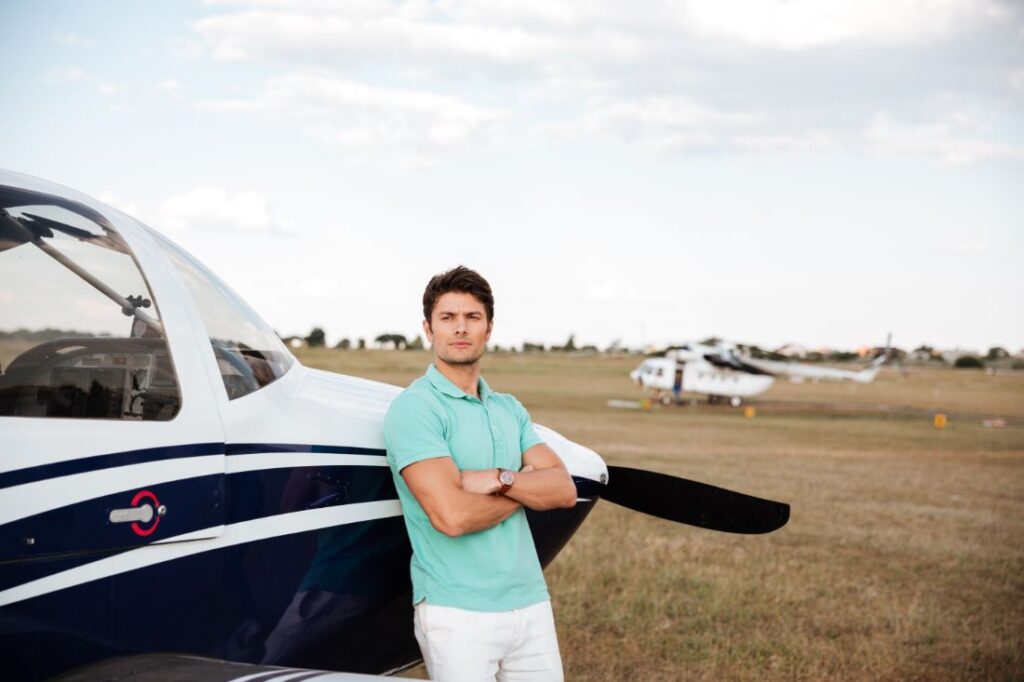
The University Experience
University offers more than an academic qualification—it provides life experiences, personal development, and relationship-building opportunities. People mature differently; not everyone is ready for flight training immediately after A-Levels and may need a few years to develop skills and a personality attractive to airlines.
Remember, while many European airlines don’t mandate a degree, it’s still a requirement for many foreign airlines, particularly in the United States, Far East, and Asia.
Which Degree Should I Choose?
If you’ve decided on university, deciding which degree to study and at which institution isn’t easy.
Universities offer numerous aviation and airline pilot training degrees. If you’re serious about becoming a pilot and passionate about aviation, an aviation degree could be enjoyable and advantageous. Moreover, recruiters appreciate various core subject degrees (science, engineering, maths, etc.). Your final grading usually holds more weight than the subject you studied.
Also, consider what degree would be useful if you can no longer fly. A degree in a different discipline might offer more job opportunities. For example, an accounting or law degree could provide higher-paid opportunities than an aviation degree if you cannot continue as a pilot.
Conclusion
The decision to attend university and the subject to study are both crucial and subjective. Most choose between avoiding substantial debt and gaining a university education and potential safety net if their career doesn’t progress as planned. Each individual’s circumstances are unique, making this a highly personal decision.
